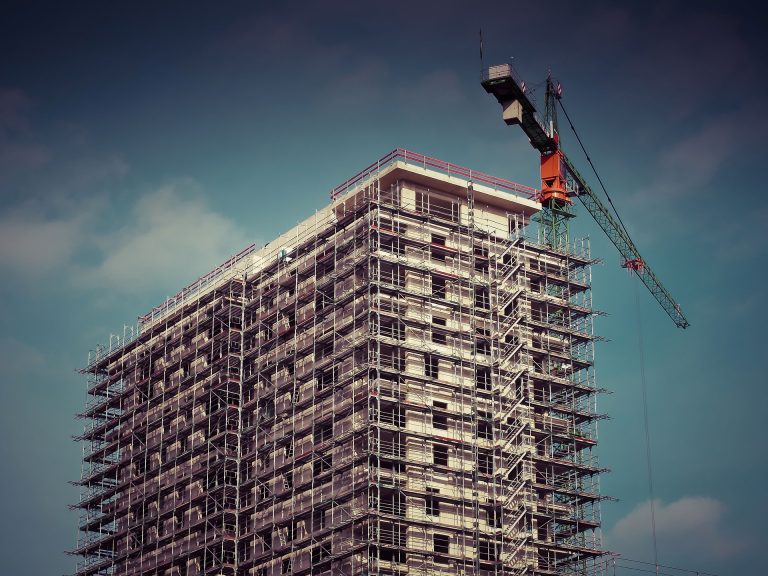In recent months, China’s real estate sector has been reeling under a debt crisis as developers struggle to meet their financial obligations. With real estate firms like Evergrande and Kaisa already having defaulted earlier in December, Shimao Group Holdings is the latest company to raise concerns of a calamity in China’s already battered property sector.
Shimao Group is China’s 13th largest developer and one of the biggest property debt issuers with around $10.1 billion in outstanding domestic and offshore bonds. Shares of the company have lost more than 50 percent of their value since November. Its offshore bonds also declined by 12 percent in early December, which was the biggest fall since January 2012.
Growing fears over Shimao’s ability to service debt prompted a dramatic selloff on Dec. 13. Trading was halted briefly at the Shanghai Stock Exchange after six of Shimao’s yuan bonds plummeted. Shimao attributed the selloff to market rumors. But its public comments, which lack clarity, indicate that it may be facing a cash crunch.
The company’s steep fall in its shares and debt was sparked by concerns over asset sales and canceled apartment deals as well as downgrades by rating agencies over intensifying financial risks. The S&P Global lowered Shimao’s long-term issuer credit rating following similar cuts by Fitch Ratings and Moody’s Investors Service.
The fall of Shimao, which was considered to be one of the strongest in the property sector with better access to funding and able to withstand the curbs posed by the Chinese government, has caught investors by surprise.
Success
You are now signed up for our newsletter
Success
Check your email to complete sign up
The company so far has not violated any of Beijing’s “three red lines”, measures implemented to restrict borrowing among developers who already owe too much debt. Doubts over the financial health of the firm surfaced when a deal was announced that Shanghai Shimao, the group’s onshore unit, would sell its property management business to sister firm Shimao Services for 1.65 billion yuan (US$260 million). Analysts took it as a sign that the developer was trying to bolster the weaker parts of its business.
“The connected party transaction not only implies tight liquidity conditions for Shimao, but is also a corporate governance red flag as it is essentially transferring the cash from property manager to developer level,” JPMorgan analysts said in a note.
Furthermore, the group’s onshore bonds have been trading at highly discounted rates for several months when compared to their offshore bonds, which points to an information discrepancy about the group. Concerns over the company’s lack of transparency have been amplified due to this.
Other news that shocked investors was that homebuyers who recently purchased over 90 apartments in Shanghai were unable to register for an ownership transfer as Shimao had already pledged it to Lujiazui International Trust, one of its lenders.
“We think this could affect Shimao’s image and future contract sales, particularly in a weak property market… Looking ahead, we believe the company’s bond maturity in January 2022 will be key to watch,” UBS said in a research note.
According to UBS, the company faces a 2.5 billion yuan (US$393 million) repayment in January and a $700 million offshore bond that is due in April. Shimao revealed that it was in talks to sell some of its hotels and commercial properties in order to make payments on its offshore bonds that are due this year.
The company has also announced that it will sell a 22.5 percent stake in the Grand Victoria development in Hong Kong at a loss of $770 million Hong Kong dollars (US$99 million). UBS also expects Shimao to sell some of its other assets in Hong Kong that would enable the group to raise around $1.6 billion.
Analysts are worried that Shimao’s problems could have a much bigger impact on China’s real estate market. If Shimao fails to make a payment, it will not only hurt investors’ confidence but could also drive up funding costs for other higher-rated developers.














